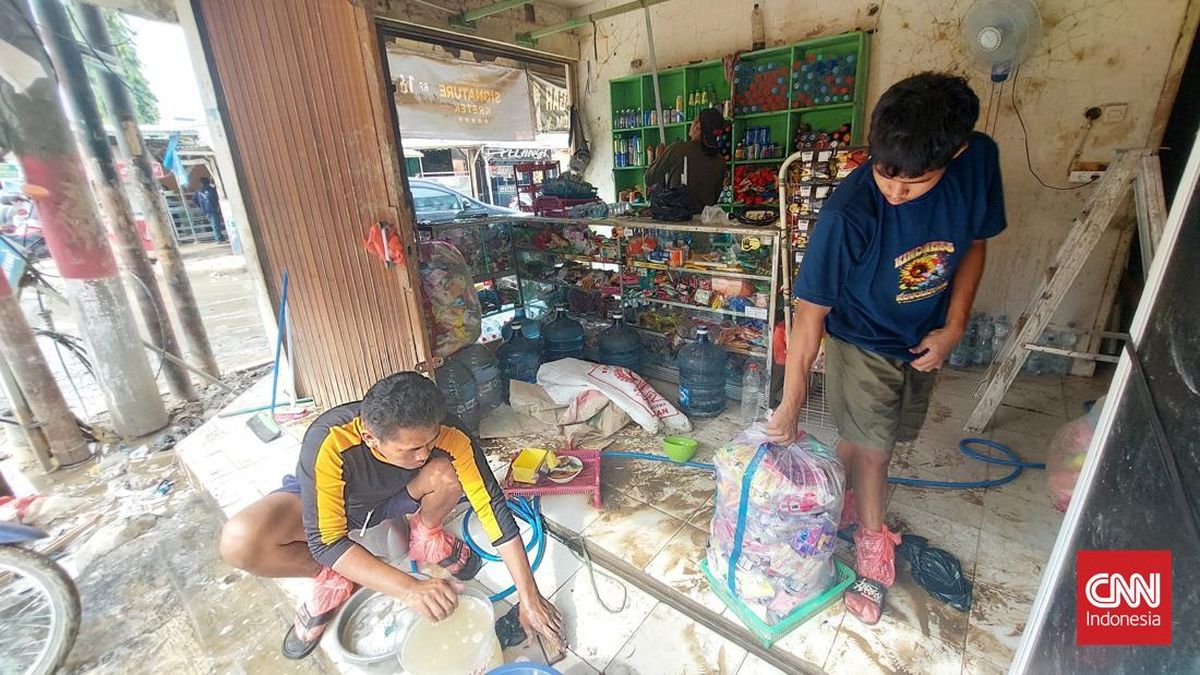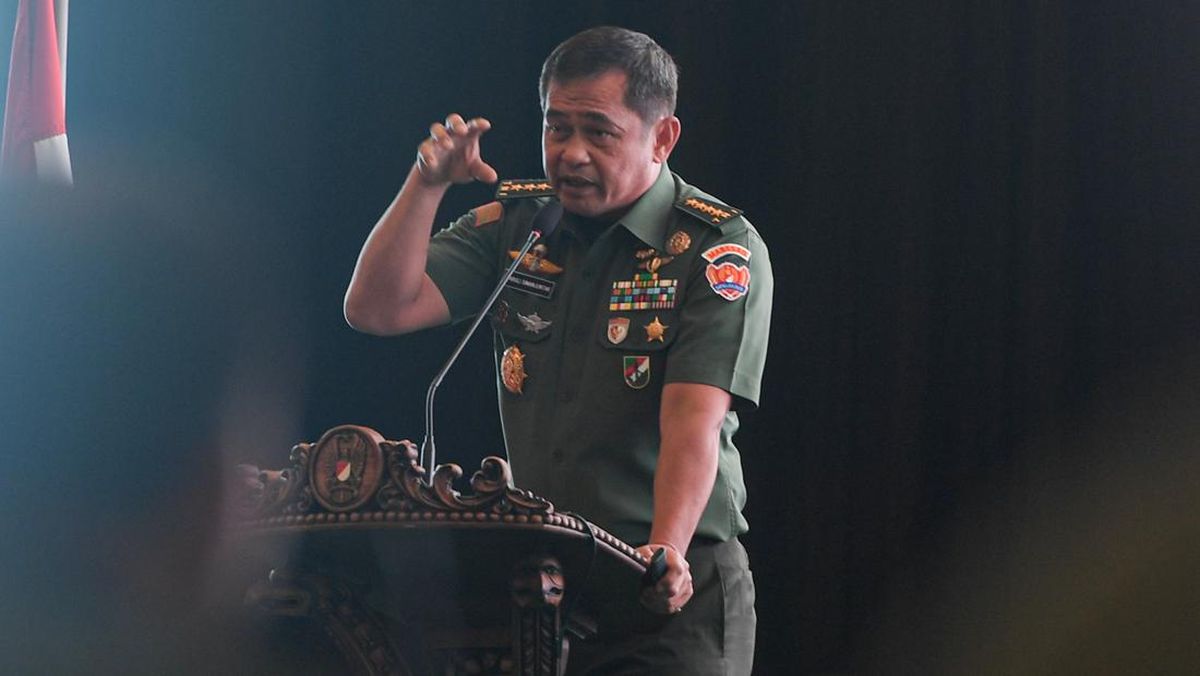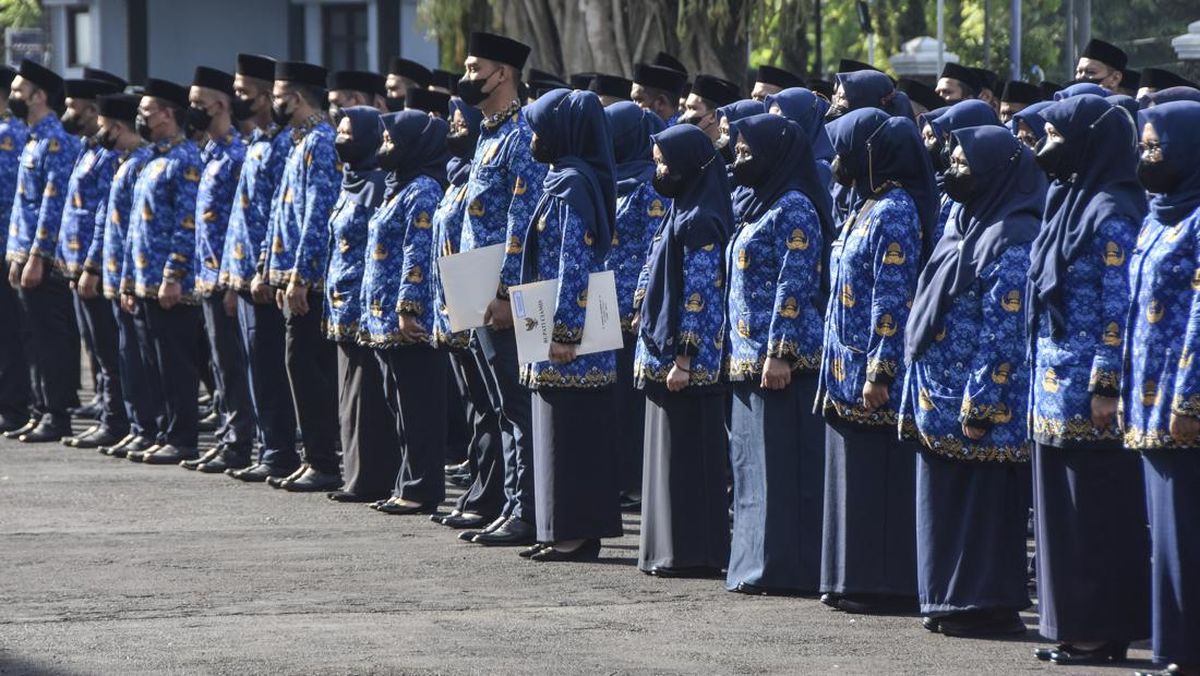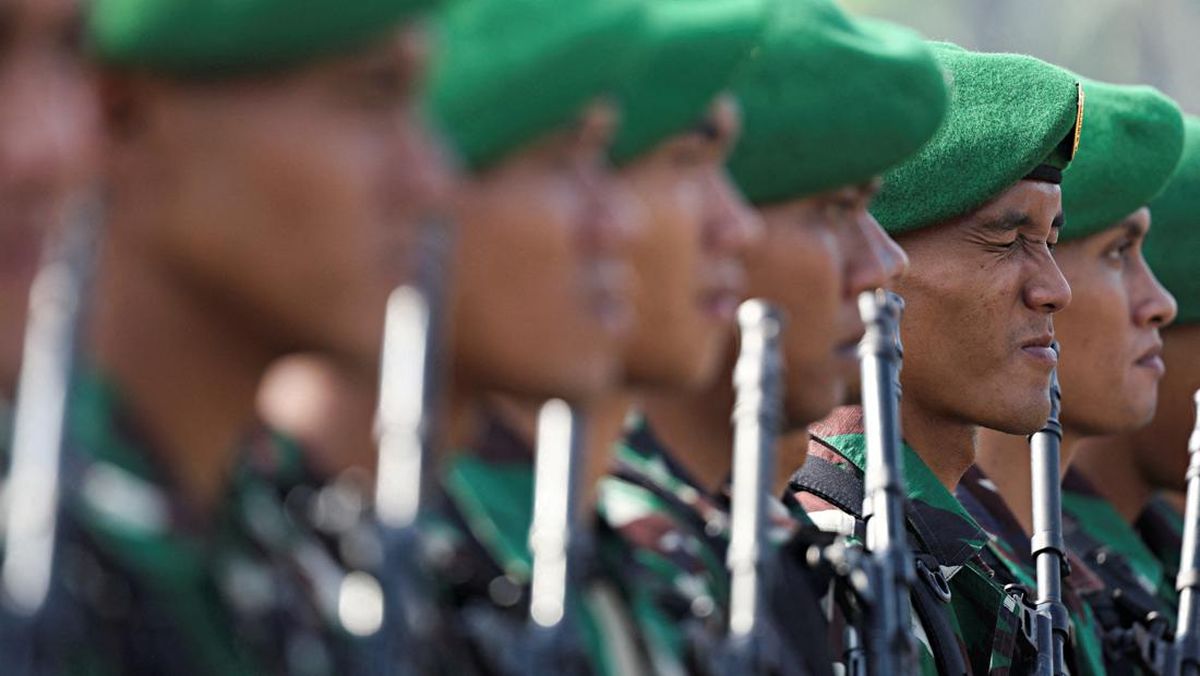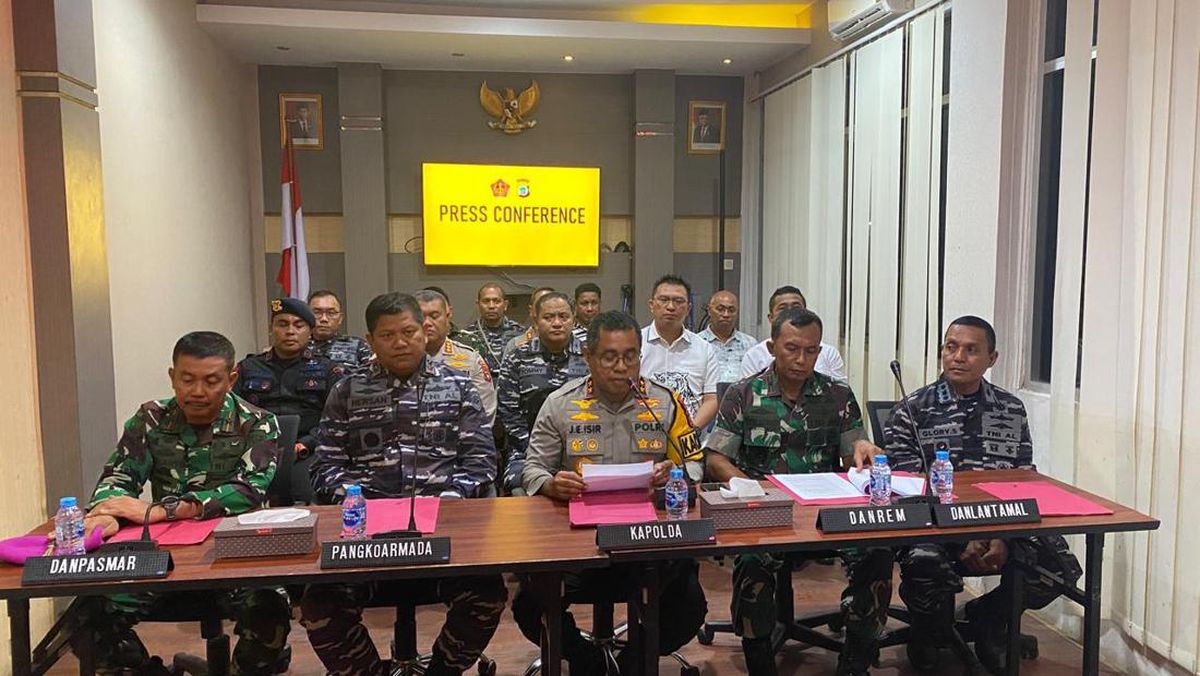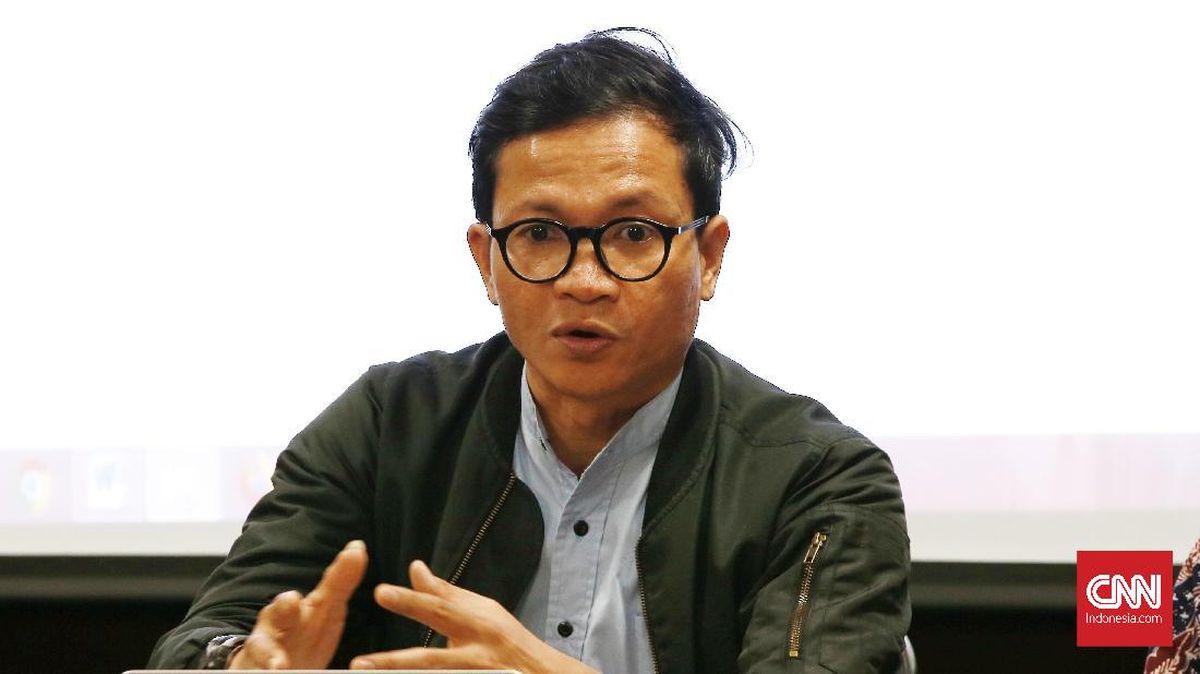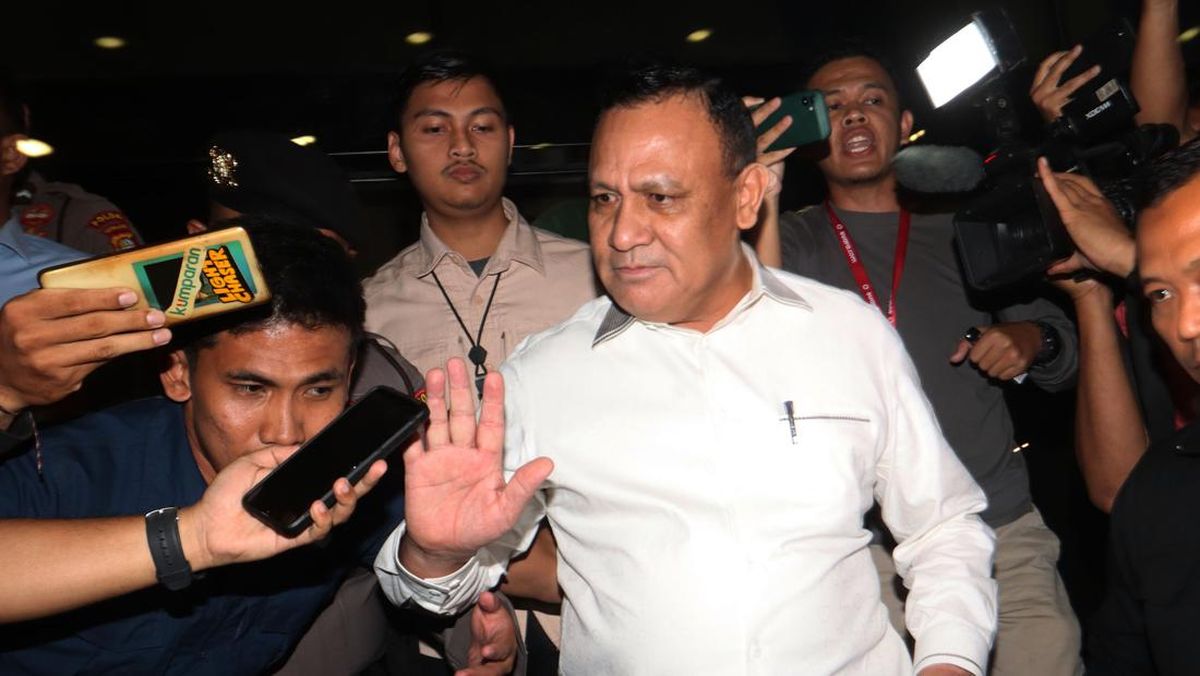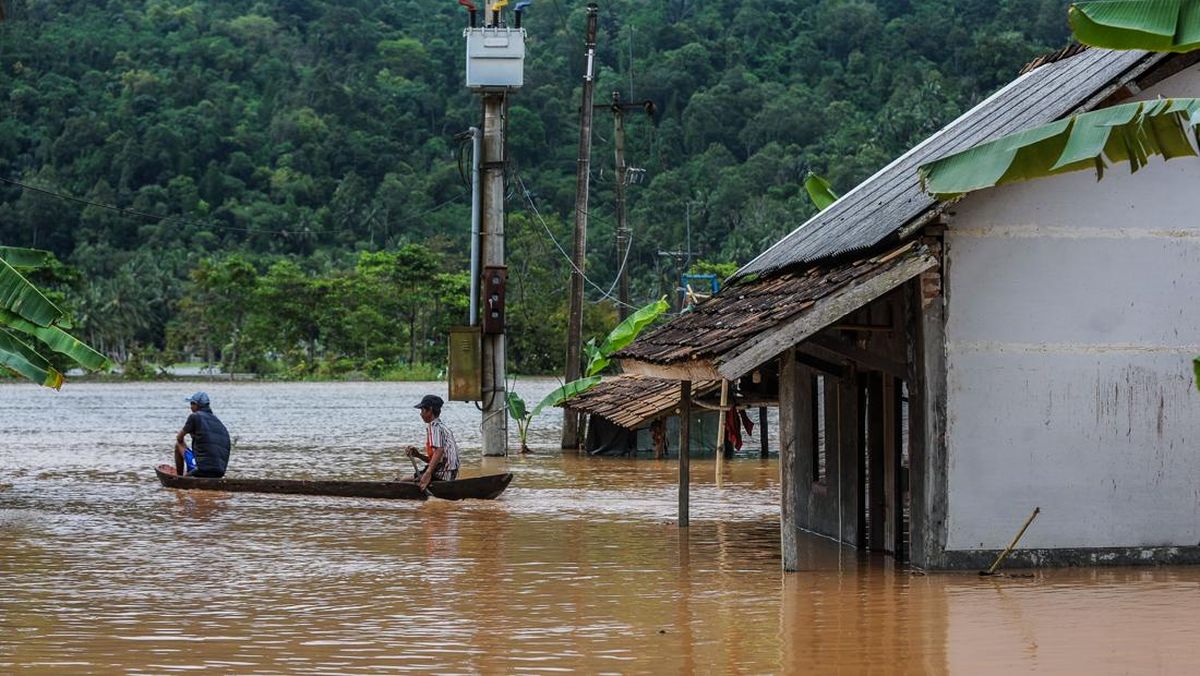TEMPO.CO, Jakarta - West Java Governor Dedi Mulyadi's proposal to link social assistance with vasectomy has drawn mixed reactions.
Aimed at reducing the birth rate among low-income families, the policy would apply to various aid programs.
“If people are unable to afford childbirth, pregnancy, and education expenses, then they should not pursue parenthood yet,” said Dedi.
He added, “I hope the husband or father would participate in Family Planning, as a sign of responsibility for themselves and their families. Don’t burden women continuously like that.”
A Rp500,000 cash incentive is also offered for those who agree to undergo vasectomy.
Central Government Requests Further Study
In response to this proposal, Minister of Social Affairs, Saifullah Yusuf, stated that they are currently conducting a study on the plan.
He acknowledged that the Family Planning program is a good policy, but caution is necessary if it is to be made a prerequisite for the distribution of social assistance.
"Yes, we are currently studying the idea. So, all the provisions are being studied," he said on Thursday, May 1, 2025.
Furthermore, Saifullah mentioned that some ideas from Governor Dedi, such as involving social assistance recipients in waste management or other social activities, are considered positive.
However, he stated that providing aid with medical conditions such as vasectomy requires further consideration.
"If it's conditional on that (vasectomy), honestly, we still need to study it further."
Meanwhile, Minister of Human Empowerment Coordinating, Muhaimin Iskandar, stated that regional governments do not have the authority to determine specific conditions for the distribution of national social assistance.
"There are no regulations. You can't create your own regulations," he said on Saturday, May 3, 2025 at the Parliament Complex, Jakarta.
MUI's Response
KH Rahmat Syafei, Chairman of the MUI West Java, explained that in Islam, vasectomy is generally considered haram as it is a form of permanent sterilization, which is only allowed for valid sharia reasons, such as a life-threatening medical condition.
"In essence, vasectomy is haram because it constitutes a form of permanent sterilization. Islam does not allow absolute sterilization without a sharia-permissible reason," he said.
However, he noted the procedure could be permitted under specific conditions and that offering incentives is acceptable as long as the procedure aligns with religious guidelines.
"If it's for incentives, that's fine, but the vasectomy must still meet the permissible religious conditions," he added.
NHRC's Response
The Chairman of the National Commission on Human Rights (NHRC), Atnike Nova Sigiro, stated that the human body is part of privacy and human rights that should not be compromised through coercive policies.
According to her, the use of medical procedures such as vasectomy as a requirement for receiving social assistance could be categorized as a form of coercion against individual body.
"That's privacy. Penalizing the body like that is essentially part of the discourse on human rights," she said.
Atnike also added that the concept of exchange between medical actions and social assistance is a violation of bodily autonomy.
"Especially when it is exchanged for social assistance. That's body authority," she said in a statement at the NHRC office, on Friday, May 2, 2025.
Academic and Policy Observer Assessments
Elisa Sutanudjaja, Director of Rujak Center for Urban Studies, expressed concerns that linking vasectomy to social assistance could result in discrimination against low-income communities. She argued that contraceptive policies should not be linked to receiving aid.
"The dangerous part is when family planning, whether for women or men, is made a requirement for social assistance recipients. That’s already discriminatory," she said.
Elisa also questioned the assumption that high birth rates lead to poverty, noting that birth rates have decreased significantly in recent decades.
"Because the birth rate has also significantly dropped in the last 50 years from 5.61 to 2.18 something," she added.
Asep Suryana, a sociology lecturer at the State University of Jakarta, viewed Governor Dedi's statement more as political rhetoric rather than a policy likely to be implemented. He warned that the policy would face strong resistance, particularly in the Sundanese community, where children are highly valued.
"If that becomes a policy, there will be strong resistance. The people there certainly won't accept it. Especially in the Sundanese community, children are everything," he said.
Asep further cautioned that without sensitivity to local values, the policy could harm the Governor's leadership image.
"Because he views that the poor are a source of problems. The poor do not take care of children, so they need to undergo vasectomy," he said.
Statement from Governor Dedi Mulyadi
Despite the criticism from various parties, Governor Dedi Mulyadi stated that this proposal is not coercion, but an invitation for the community to show responsibility for the family's future.
He emphasized that this approach is accompanied by incentives, not just an empty appeal.
"This is not coercion, but an invitation for shared responsibility. We provide incentives, not just empty appeals," he said.
Dedi also added that the male Family Planning program through vasectomy method has been implemented in several areas, and thus far, individuals seeking assistance from him personally have been directed to participate in the program as part of family management commitment.
Sri Dwi Aprilia, Dian Rahma Fika, Michelle Gabriela, Daniel Ahmad Fajri, and Dede Leni Mardianti contributed to the writing of this article.
Editor’s Choice: West Java's Dedi Mulyadi Prepares Rp6bn to Send Troubled Teens to Military Barracks
Click here to get the latest news updates from Tempo on Google News








